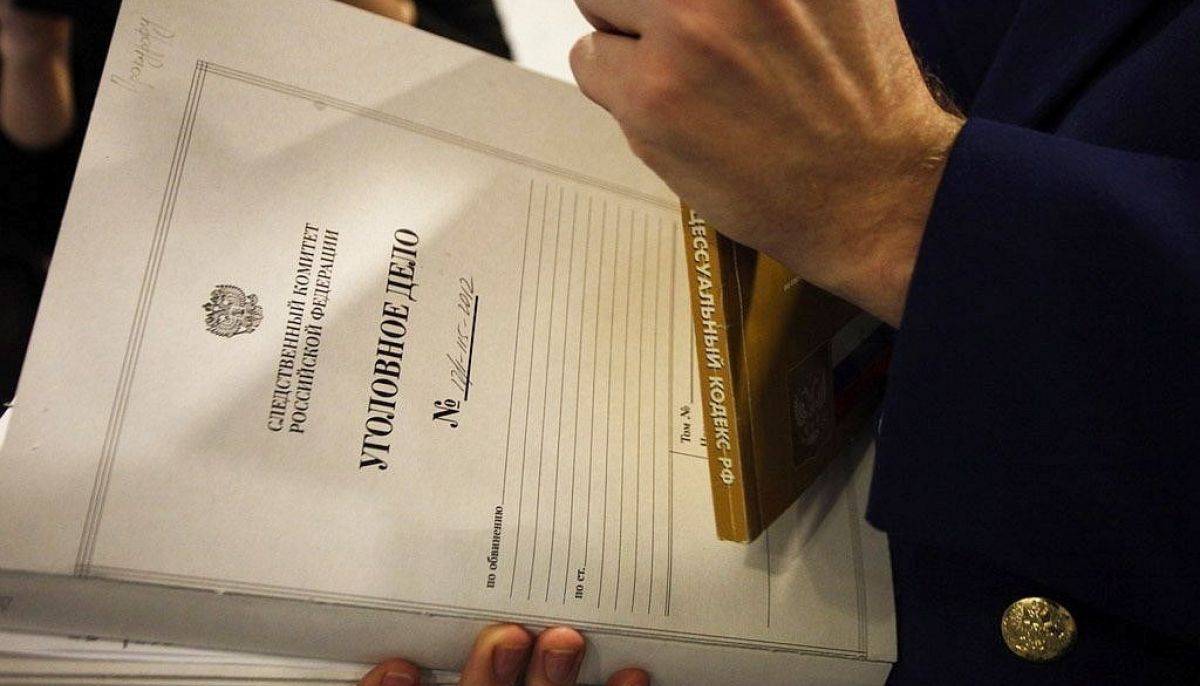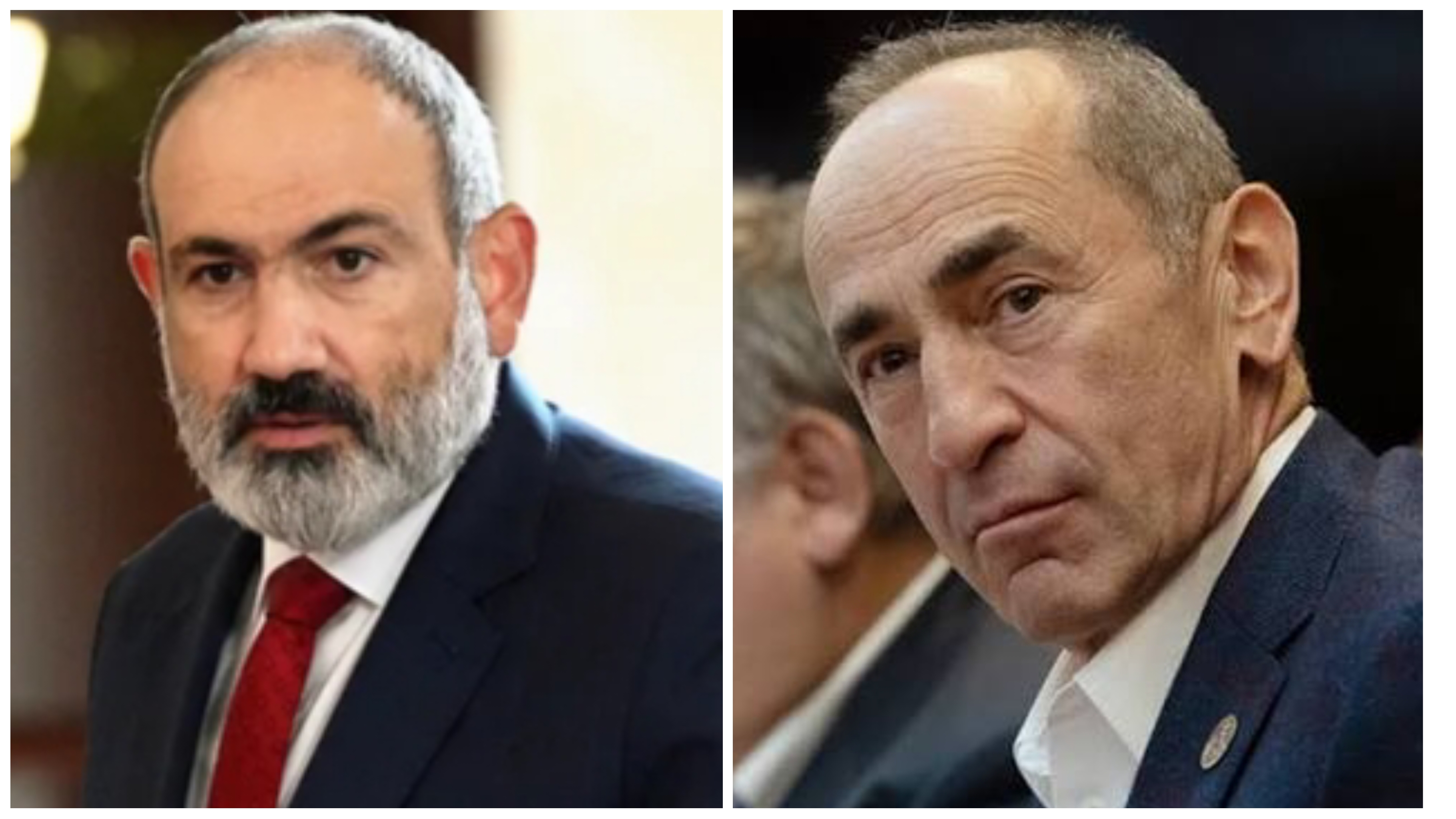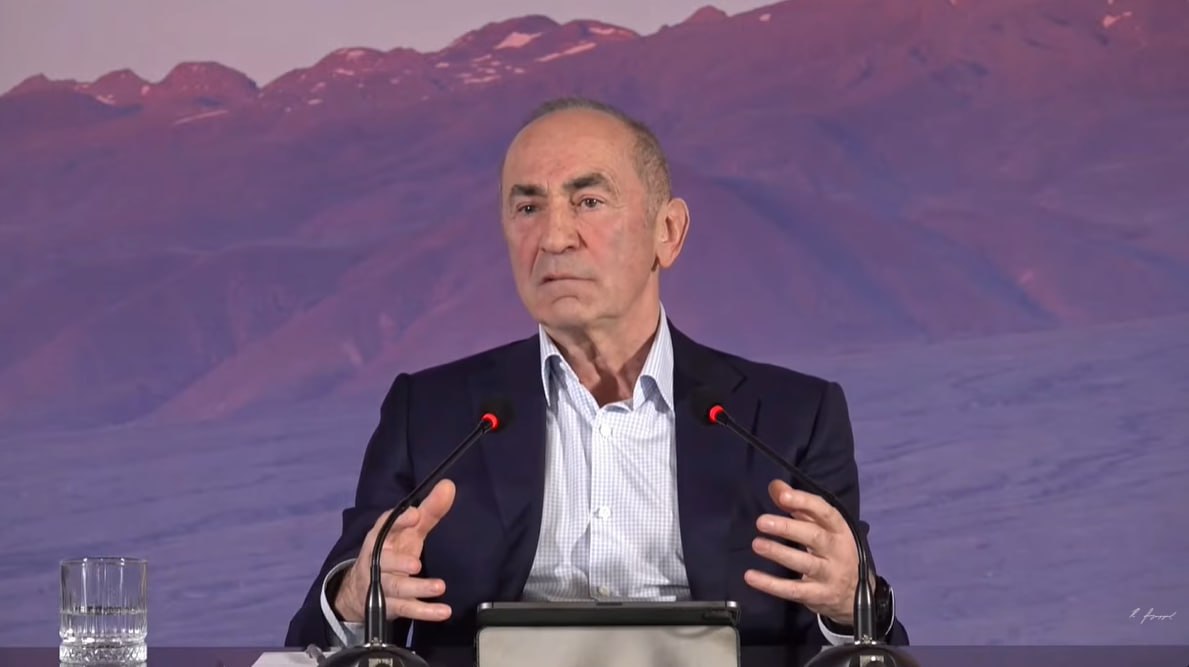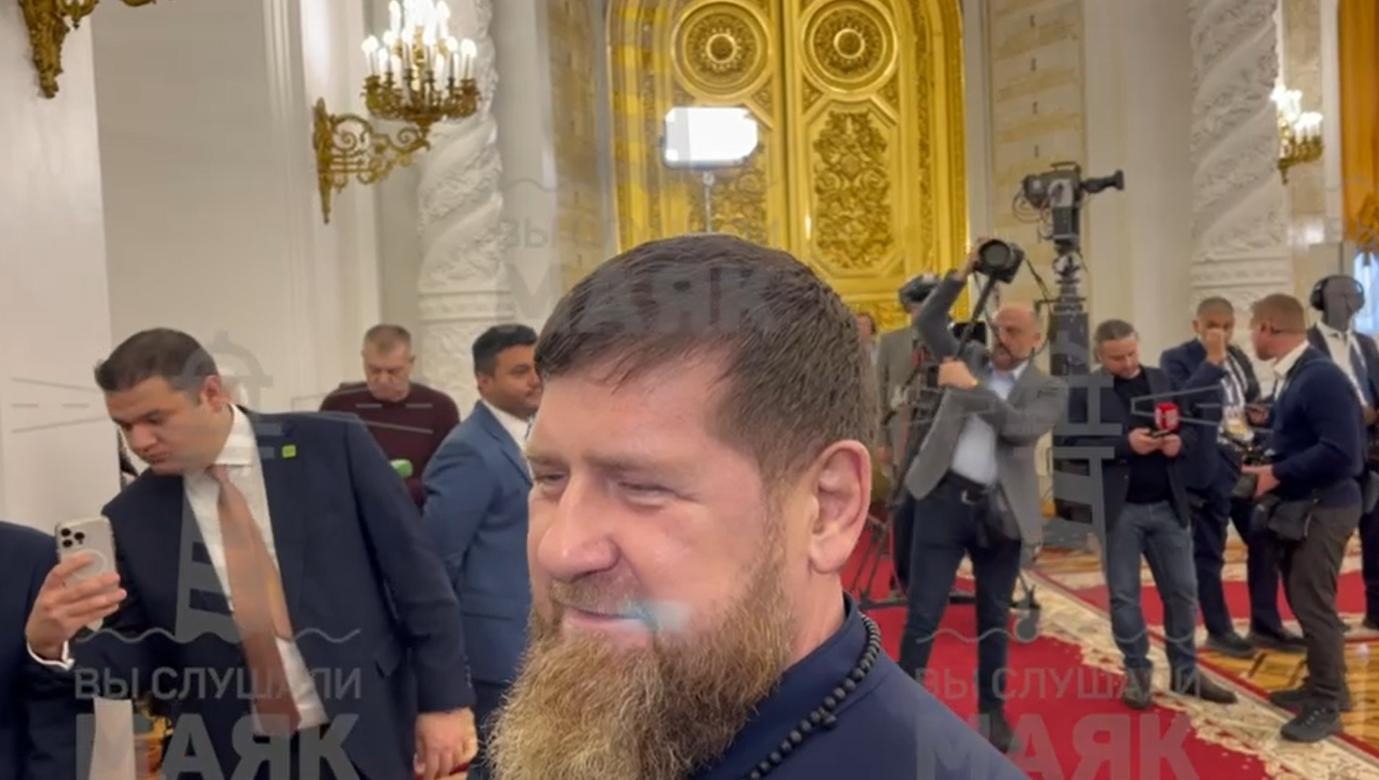A second administrative case has been opened in Chechnya in Russia for searching for "extremist materials" online. The case was registered by the Naursky District Court, and local resident Isa Magomadov is listed as the offender.
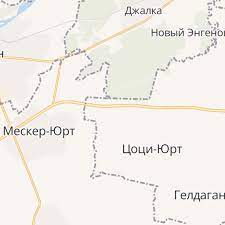
July 8, 2001
***
In the morning, a conscript soldier appeared in the village of Tsotsin-Yurt. Having informed the local residents that he had left the military unit stationed on the outskirts of the village, he asked them to give him some food and help him get to the regional center. He didn't have any weapons. From further questioning, it became clear that the soldier had no intention of deserting the army. But he could no longer be in the unit where he was constantly beaten and humiliated by the old-timers. He said that he wanted to apply to the military commandant's office.
The inhabitants of Tsotsin-Yurt found themselves in a difficult situation. They felt sorry for the fugitive, but everyone knew that they would start looking for him, first of all, in the village, and those who were found would be in serious danger. Therefore, after giving food and explaining how to bypass the Russian posts to get to Kurchaloy, they asked him to leave quickly.
The path to the regional center, indicated by the villagers, ran through the forest and went out to the outskirts of the village of Geldagan. Here, in the early morning of July 9, his pursuers overtook him. Apparently, he was afraid to go further at night, besides, he was warned by local residents about the mines that were planted in those places by both the Russian side and the participants of the CRI WF. Meanwhile, the military blocked the roads leading from Tsotsin-Yurt to the south. Driving around in several cars, they watched to see if a fugitive appeared on them.
The children were the first to report the shooting. Then the news of the murder of a young Russian soldier was brought by the inhabitants of Tsotsin-Yurt, who had left in the morning for a funeral in a neighboring village. The same was told by the women who witnessed how the fugitive was shot dead. They claimed that the corpse was left lying in the open for some time and was seen by dozens of people. The crime, according to them, was committed by military men in masks who arrived at this place in an UAZ with an awning raised from behind.
On the eve of the murder, at the checkpoint in front of Tsotsin-Yurt, the military detained three residents of this village. They tried to accuse them of kidnapping a Russian soldier, they were beaten and thrown into a pit. These people were released after the murder of the fugitive. On July 9, relatives, accompanied by other Tsotsin-Yurts, came to the checkpoint and demanded the release of the detainees. They threatened that they would make public the fact of the murder of their colleague by the military and everything that he managed to tell about before his death. Local residents stated that he was forced to arbitrarily leave the unit and seek help from the Chechens because of bullying by the old-timers of his unit.
After these words, the military called somewhere. Residents of Tsotsin-Yurt heard the words spoken into the phone: “Chief, we found a common language with them. Release them people." Some time later, the detainees covered in mud and beaten came out of the territory of the checkpoint.
***
On July 8 and 9 in the villages of Duba-Yurt and the villages of Dachu-Borzoy, "cleansing operations" were carried out. These operations involved employees of the commandant's office of the Shali district and the military, presumably the same ones that had detained residents of neighboring Chiri-Yurt the day before. In particular, there was an armored personnel carrier with the inscription "Natasha" on board. The HRC "Memorial" does not have other details of the events that took place in Duba-Yurt and Dachu-Borzoi.
From the book "People Live Here", Usam Baisaev, Dmitry Grushkin, 2006
